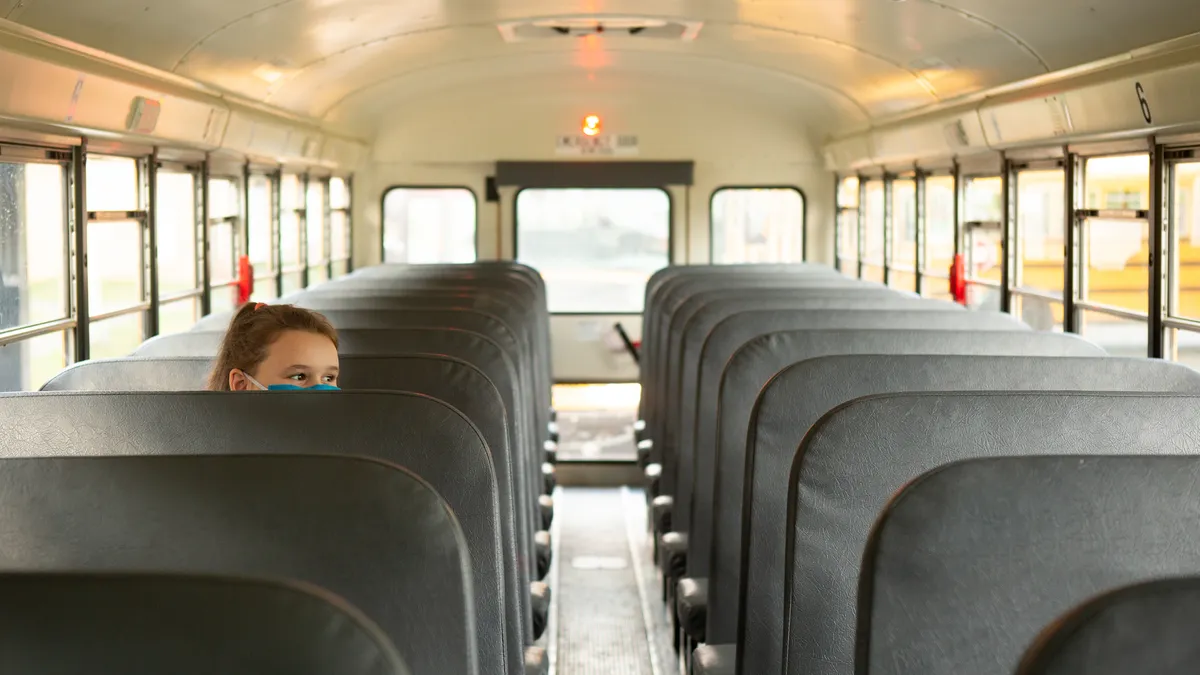Dive Brief:
-
A partnership between the Coweta County School System in Georgia, a Germany-based manufacturing firm and a technical college is just one example of an innovative apprenticeship that provides students both career-ready skills and rigorous project-based learning.
-
Industry experts say programs like these can reduce the growing demand for skilled employees in areas such as welding, industrial maintenance and robotics, District Administration reports — and students, some of whom might not have considered postsecondary education, acquire technical skills while also earning college credit.
- For students, the programs feel more like work than school, can boost performance among those who were barely earning passing grades, and lead to well-paying careers.
Dive Insight:
Not every student is headed to a four-year university after high school, but administrators want all students to be successful. Giving students marketable skills can ensure that more students not only graduate from high school but are ready for a career. Partnerships with local businesses, especially those in high-tech fields, can help those companies meet the demand for future employees and keep them from moving out of the community. Exposing students to real-world job environments can also reinforce for them that a combination of technical ability and critical thinking is necessary in today’s workplace.
Additionally, such collaboration offers other potential benefits for schools, such as tutoring and mentoring programs, as well as donations of materials and up-to-date technology. These types of partnerships could become more necessary if the funding cuts proposed in President Donald Trump’s budget are passed.
Administrators should be aware, however, that true apprenticeship programs might require some policy changes. In Georgia, for example, legislators passed a bill that allowed for flexibility in students’ schedules so they could get the hands-on experience and classroom learning they needed.











